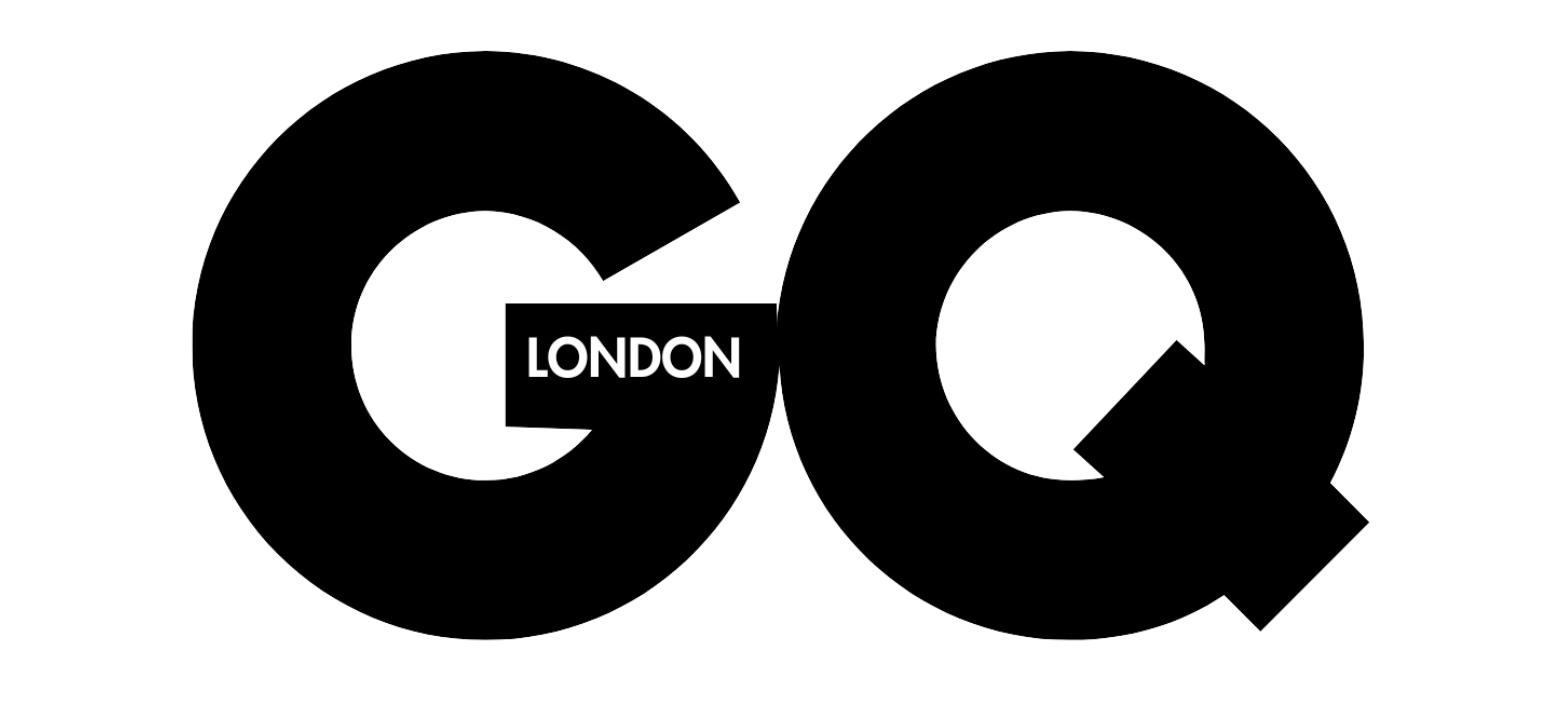Meta informed investors on Thursday that it remains committed to fostering “an inclusive workplace” with a focus on “cognitive diversity,” despite its decision to scale back some of its diversity, equity, and inclusion (DEI) initiatives. This statement was part of the company's annual earnings filing with the U.S. Securities and Exchange Commission, in which Meta removed references to DEI-related “learning and development programs” for employees, as well as data on the percentage of employees identifying as disabled, LGBTQ+, or from other underrepresented groups.
"In early 2025, we announced changes to our diversity programs in light of the shifting legal and policy landscape," Meta wrote in the filing. "We will continue to work to build an inclusive workplace where we can leverage our collective cognitive diversity to build the best products and make the best decisions for the global community we serve."
The filing, known as a 10-K, retained language from Meta’s 2023 filing, emphasizing that a “broad range of knowledge, skills, political views, backgrounds, and perspectives” leads to cognitive diversity and fuels innovation. Meta disclosed that it has about 74,000 employees worldwide, a 10 percent increase from the previous year. Additionally, Meta reported a 5 percent increase in daily active users, reaching 3.35 billion in 2024, with sales rising by 22 percent to over $164 billion.
Despite this, some Meta employees expressed dissatisfaction with the DEI rollbacks announced earlier this month. They feel that many of their colleagues share similar concerns. Janelle Gale, the company’s vice president for human resources, had previously stated that Meta was eliminating a program that ensured candidates from underrepresented groups in tech weren’t overlooked during hiring. The cuts also included efforts to collaborate with diverse outside vendors and programs promoting respect in the workplace for people of various backgrounds and abilities.
Meta spokesperson Tracy Clayton declined to comment on the revisions to the SEC filing, and the company did not immediately respond to a request for further comment on the concerns raised by employees.
In an internal memo earlier this month, Gale referenced the changing legal landscape in the U.S., which signals a shift in how courts will view DEI practices. She noted that the term has become “charged,” in part because it is viewed by some as a practice that may imply preferential treatment for certain groups.
Some employees remain uncertain about the impact of the changes internally. “I’m not convinced they are going to do anything at all. Could just remove mention of it and move on,” one staffer said. Despite this, the DEI changes, which followed a relaxation of Meta’s hate speech policies for content on Instagram and Facebook, remain a constant source of discussion among employees.
Meta employees vote on which questions executives should address during companywide meetings. Ahead of a scheduled meeting on Thursday, many of the most-endorsed questions focused on DEI issues. However, Meta leadership has informed employees that the popularity of a question no longer guarantees that it will be answered during the meeting, according to one employee. The New York Times previously reported on this change.
Many companies, including those in the tech industry, removed references to diversity goals and programs in their annual filings last year, partly due to growing public criticism, civil lawsuits, and pressure from activist investors. Recently, retailers, manufacturers, and tech companies have announced similar cutbacks as President Donald Trump returned to the White House.
Trump has consistently criticized DEI policies, calling them “nonsense” and “discriminatory.” Shortly after being inaugurated on January 20, Trump moved to end DEI programs across the federal government.
Meta CEO Mark Zuckerberg has worked to rebuild his relationship with the president in recent months. On Wednesday, Meta and Trump reached an agreement to settle a lawsuit that stemmed from the temporary suspension of Trump’s user account following the January 6 Capitol insurrection. The agreement, which involves a $25 million payment—most of which will go toward Trump’s presidential library—was confirmed by Meta spokesperson Dani Lever to WIRED. Trump’s attorneys did not respond to requests for comment.
Zuckerberg did not mention the settlement during the company’s quarterly earnings call, but he did commend the president. “We now have a U.S. administration that is proud of our leading companies, prioritizes American technology winning, and will defend our values and interests abroad,” Zuckerberg said. “I am optimistic about the progress and innovation that this can unfold.”
At Meta, the impact of the DEI cuts may be somewhat muted, partly because the company has been making these changes behind the scenes for some time, according to a former Meta employee. “It’s been a slow, painful death,” they said. After the murder of George Floyd in 2020, then-Chief Operating Officer Sheryl Sandberg spearheaded increased commitments to diversity, including an internal civil rights audit. In Meta’s 2022 diversity report, the company highlighted that it had doubled the number of women and Black employees since 2019 as part of its diversity goals.
The former Meta employee, who worked under Sandberg, said there was an initial surge of energy to make a difference in diversity efforts. However, after Sandberg’s departure in July 2022, the company began identifying teams for upcoming layoffs. These layoffs, which impacted around 11,000 employees, were seen as a blow to Meta’s progress on diversity initiatives.
“Managers who were on these DEI teams were forced to either convert to non-manager roles or move to other teams that weren’t DEI. Teams with DEI in their names were disbanded,” the former employee said. They further claimed that after the layoffs, Meta stopped holding quarterly leadership meetings to discuss progress on DEI goals.
When asked about these allegations, Meta’s Clayton said the layoffs affected employees across the company.
Diversity advocates argue that investing in DEI programs improves business performance. Some companies, like Microsoft, have not made recent changes to their DEI programs or altered related sections in their SEC filings. This week, Netflix, one of the first major tech companies to release its fourth-quarter earnings report, reinforced its commitment to diversity. The company now states that it trains not only recruiters but also “our people leaders” on inclusive hiring practices.
Netflix also emphasized the importance of workplace diversity in attracting subscribers. “We want more people and cultures to see themselves reflected on screen—so it’s important that our employee base is diverse and represents the communities we serve,” the company explained in its SEC filing. Netflix, which employs around 14,000 people, declined to provide further comment.




 (1).jpg)
.jpg)
.jpg)



.jpg)





